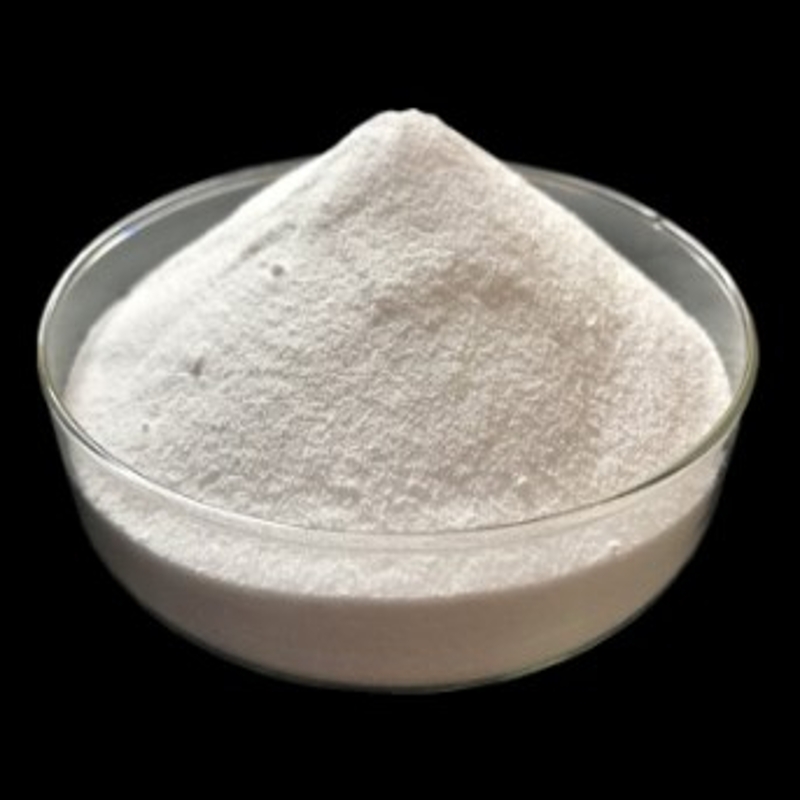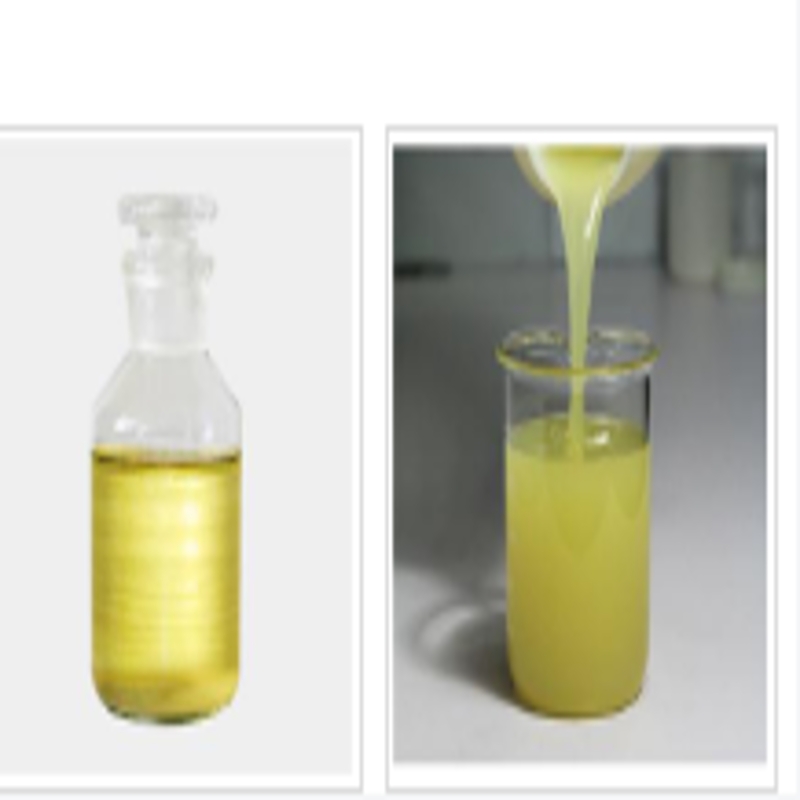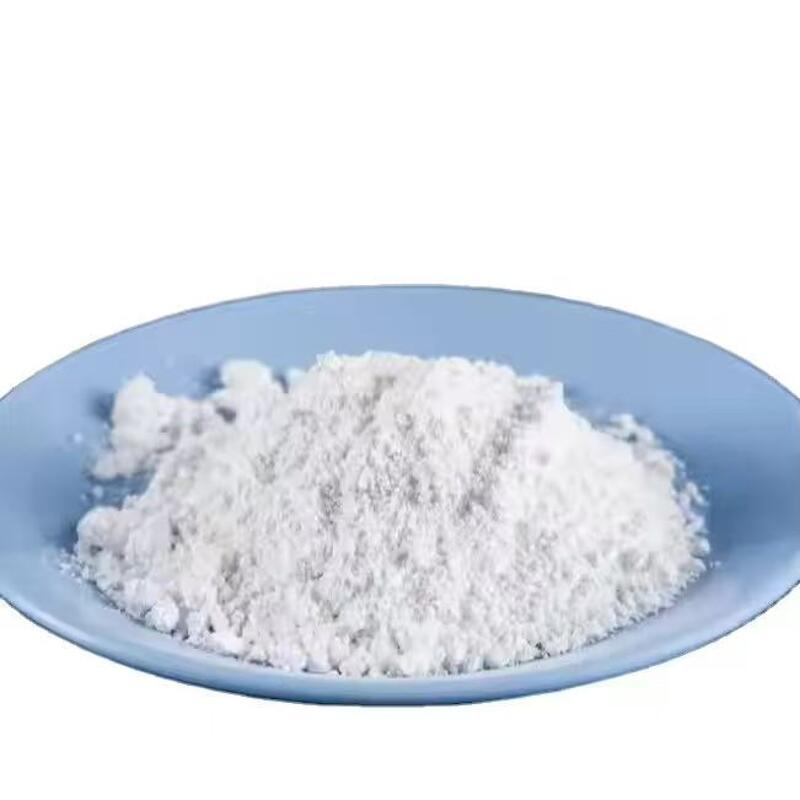-
Categories
-
Pharmaceutical Intermediates
-
Active Pharmaceutical Ingredients
-
Food Additives
- Industrial Coatings
- Agrochemicals
- Dyes and Pigments
- Surfactant
- Flavors and Fragrances
- Chemical Reagents
- Catalyst and Auxiliary
- Natural Products
- Inorganic Chemistry
-
Organic Chemistry
-
Biochemical Engineering
- Analytical Chemistry
-
Cosmetic Ingredient
- Water Treatment Chemical
-
Pharmaceutical Intermediates
Promotion
ECHEMI Mall
Wholesale
Weekly Price
Exhibition
News
-
Trade Service
Calcium dihydrogen phosphate (CaH2PO4), also known as monocalcium phosphate (MCP), is a white, granular or powder-like substance that is commonly used in the chemical industry as a food additive, a flocculant in water treatment, and as a component in the production of detergents and fertilizers.
Despite its widespread use, there are concerns about the safety of calcium dihydrogen phosphate, particularly in terms of its potential to cause health problems when it is inhaled or ingested.
One of the main health concerns associated with calcium dihydrogen phosphate is its potential to cause respiratory issues when it is inhaled.
The granular or powder-like form of the substance can easily become airborne, particularly when it is handled or processed, which can lead to inhalation of the particles.
When this occurs, it can irritate the respiratory system, causing coughing, chest pain, and difficulty breathing.
In severe cases, exposure to calcium dihydrogen phosphate can lead to lung damage, including the development of lung fibrosis and chronic obstructive pulmonary disease (COPD).
In addition to its potential to cause respiratory issues, calcium dihydrogen phosphate is also known to be corrosive to the skin, eyes, and mucous membranes.
When it comes into contact with these tissues, it can cause irritation, burns, and ulceration.
Ingestion of the substance can also cause gastrointestinal problems, such as nausea, vomiting, and diarrhea.
In rare cases, ingestion of large amounts of calcium dihydrogen phosphate can lead to kidney stones, renal failure, and even death.
There is also some evidence to suggest that long-term exposure to calcium dihydrogen phosphate may be associated with an increased risk of certain types of cancer, particularly lung and bladder cancer.
However, the evidence for this is limited, and more research is needed to determine whether or not there is a causal link between exposure to calcium dihydrogen phosphate and the development of cancer.
Despite the potential health risks associated with calcium dihydrogen phosphate, the substance is still widely used in the chemical industry.
However, measures are put in place to minimize the risk of exposure and to ensure that workers are not exposed to levels that could cause harm.
This can include the use of respiratory protective equipment, such as face masks, and regular monitoring of workers' exposure levels.
In addition, strict safety protocols and guidelines are in place to ensure that the substance is handled and processed safely.
The safety of calcium dihydrogen phosphate is also regulated by government agencies, such as the US Food and Drug Administration (FDA) and the European Food Safety Authority (EFSA).
These agencies oversee the use of the substance as a food additive and ensure that it is safe for consumption in the recommended amounts.
They also monitor and investigate any reports of adverse effects and take action as needed to protect the public's health.
In conclusion, calcium dihydrogen phosphate is a chemical substance that is commonly used in the chemical industry, but it can cause health problems if it is inhaled or ingested.
The potential risks associated with the substance have led to the implementation of safety measures and regulations to minimize exposure and ensure public safety.
However, it is important for workers in the industry and members of the public to be aware of the potential hazards associated with calcium dihydrogen phosphate and to take appropriate precautions to avoid exposure.







